All Formats & Editions
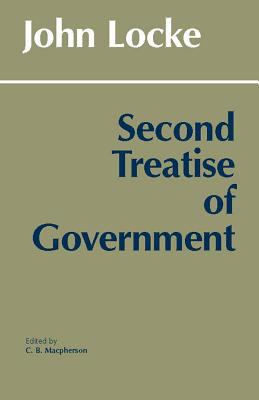
Second Treatise of Government By Locke, John
The Second Treatise is one of the most important political treatises ever written and one of the most far-reaching in its influence. In his provocative 15-page introduction to this edition, the late eminent political theorist C. B. Macpherson examines Locke's arguments for limited,...
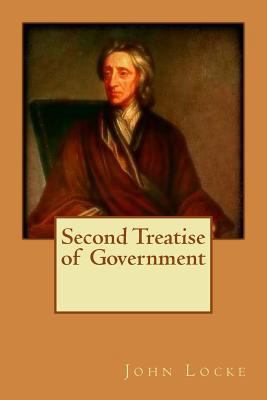
Second Treatise of Government

Second Treatise of Government
The Second Treatise of Government is John Locke's monumental treatise, setting forth his ideas for a more civilized society based on natural rights and contract theory, originally published in 1689. Locke's work was extremely influential in developing the intellectual foundations...

Second Treatise of Government

Second Treatise of Government
John Locke's seminal and tremendously influential treatise on the nature of society and the role of government, covering themes including: the state of nature, conquest and slavery, property, representative government, and the right to revolution. Locke's writing influenced philosophers...
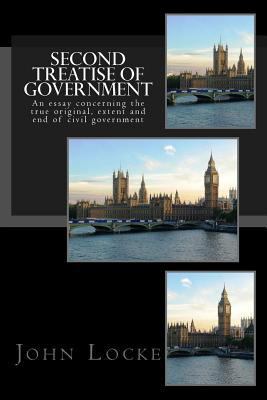
Second Treatise of Government: An essay concern...
The Second Treatise outlines a theory of civil society. John Locke begins by describing the state of nature, a picture much more stable than Thomas Hobbes' state of "war of every man against every man," and argues that all men are created equal in the state of nature by...

Second Treatise of Government (Budget Student C...
John Locke's Second Treatise outlines his ideas for a more civilized society based on natural rights and contract theory.
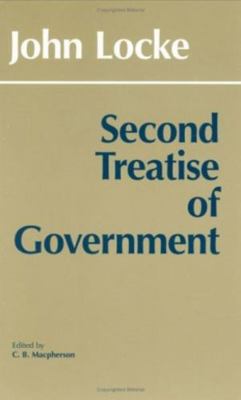
Second Treatise of Government
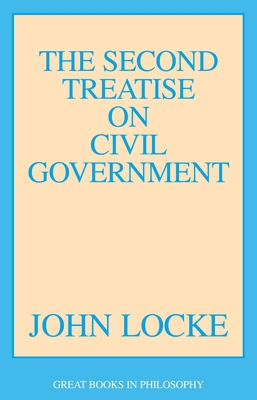
The Second Treatise of Civil Government
As one of the early Enlightenment philosophers in England, John Locke sought to bring reason and critical intelligence to the discussion of the origins of civil society.Endeavoring to reconstruct the nature and purpose of government, a social contract theory is proposed. The...
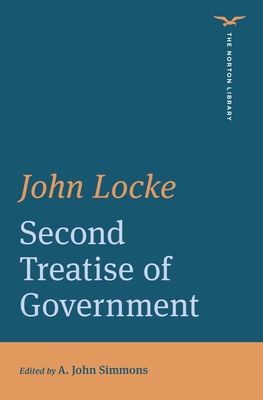
Second Treatise of Government
Edited by A. John Simmons, "one of our most distinguished theorists of political obligation" (Jeremy Waldron), the Norton Library edition of Locke's Second Treatise of Government features the complete text of the sixth (1764) edition, which incorporated all of Locke's corrections...
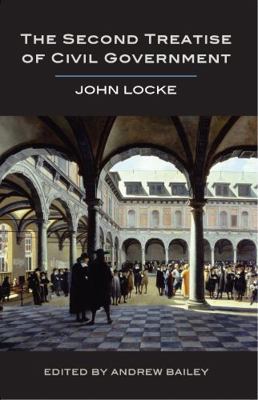
The Second Treatise of Civil Government
In this, the second of his Two Treatises of Government, John Locke examines humankind's transition from its original state of nature to a civil society. One can see the lasting influence of Locke's ideas through their familiarity to the modern reader--the roots of classical liberalism...
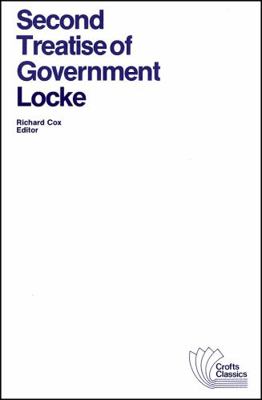
Second Treatise of Government: An Essay Concern...
This essential volume features John Locke's hand-corrected text with an outstanding introduction to Locke's life and role in intellectual history, his principal works, and their purpose. Written by the editor, Richard Cox, the introduction also outlines the course of both treatises...
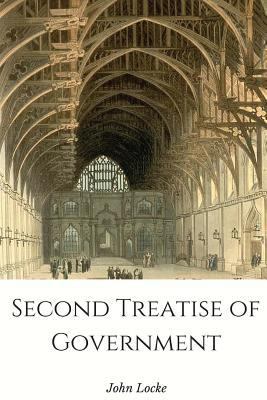
Second Treatise of Government
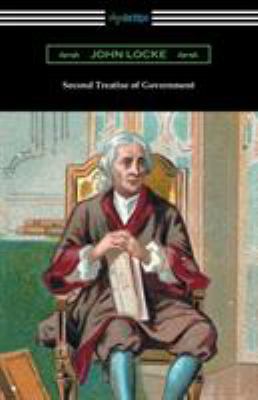
Second Treatise of Government

Second Treatise of Government: Concerning The T...
John Locke's Two Treatises is a pivotal work for anyone studying political philosophy. Locke was a doctor, a scientist and a philosopher, who made key contributions to the development of Enlightenment thinking in the late 1600s. In the Second Treatise, Locke presents a nuanced...
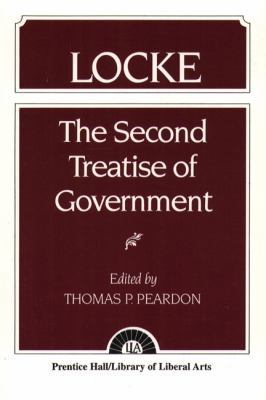
Locke: The Second Treatise of Government Locke
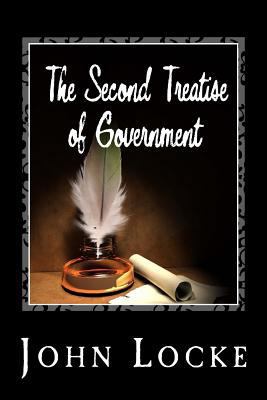
The Second Treatise of Government
In his book, Second Treatise of Government, John Locke (1632 - 1704) writes that all humans are born equal with the same ability to reason for themselves, and because of this, government should have limitations to ensure that people are free from the arbitrary will of another...

The Second Treatise of Government

The Second Treatise of Civil Government
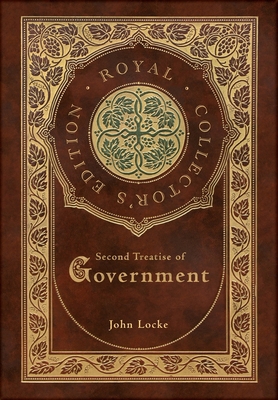
Second Treatise of Government (Royal Collector'...
The Second Treatise of Government outlines John Locke's theory of civil society. Locke begins by describing the state of nature, and argues that all men are created equal in the state of nature by God. From this, he goes on to explain the hypothetical rise of property and...
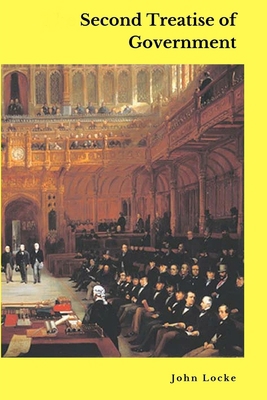
Second Treatise of Government
John Locke argues that all men are created equal in the state of nature by God. In his seminal essay Second Treatise of Government he outlines an entire theory of civil society. Locke explores a number of themes such as conquest and slavery, property, representative government,...
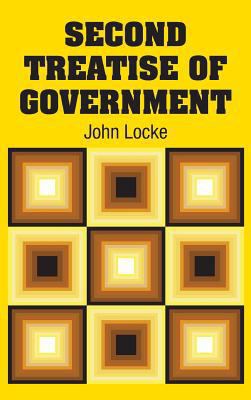
Second Treatise of Government

Second Treatise of Government
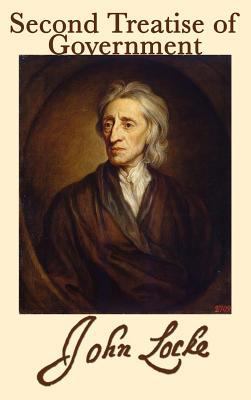
Second Treatise of Government
The Second Treatise of Government: An Essay Concerning the True Origin, Extent, and End of Civil Government

Second Treatise Of Government
Second Treatise Of Government by John Locke - is a work of political philosophy. The First Treatise criticises patriarchalism in the form of sentence-by-sentence refutation of Robert Filmer's Patriarcha, while the Second Treatise details Locke's ideas for a more civilized society...



